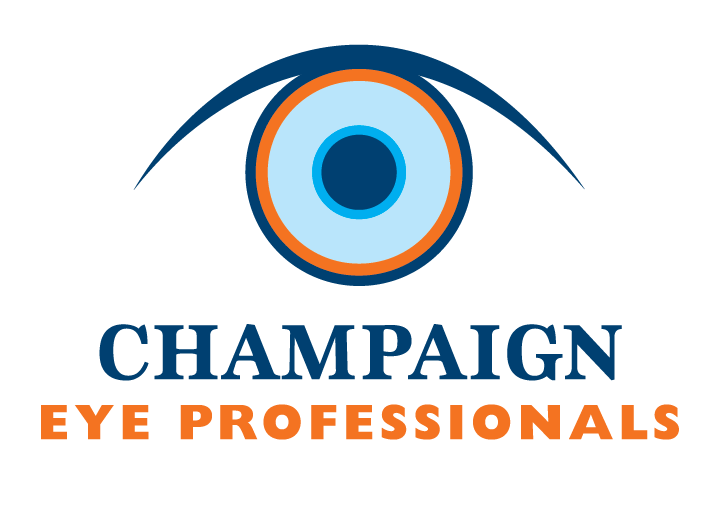Can Cataracts Be Prevented? Tips for Reducing Your Risk
Most people know at least one older person who either has cataracts or who has had cataract surgery. What’s less known is that sometimes cataracts can be prevented. Not everyone gets cataracts when they get older. How can you reduce your risk of developing cataracts in Champaign, IL?
Reducing Cataract Risk
The risk of developing age-related and secondary cataracts may be less likely to occur if a person makes certain lifestyle adjustments. However, if a person is in a high-risk category, lifestyle changes may not be enough to prevent cataracts. Nevertheless, it’s worth reducing the risk of cataracts, even by a little. Consider:
- Quitting smoking
- Maintaining a healthy weight
- Reducing or eliminating alcohol intake
- Reducing sugar intake
- Managing diabetes
- Exercising regularly
- Minimizing exposure to UV rays
- Minimizing exposure to blue light
What Causes Cataracts?
Researchers don’t actually know the exact reason why cataracts develop. It’s known that cataracts develop as a result of protein buildup on the lens of the eye. Since eyesight relies on light entering the eyes through the lens, this protein buildup results in partial or total vision loss. The cloudy or blurry vision that cataract victims experience is due to the cataract blocking the entry of light.
Four Types of Cataracts
There are actually four different categories of cataracts.
- Congenital cataracts are either present at birth, or develop very early in childhood, and are typically present in both eyes.
- Trauma-related cataracts develop after an eye injury or, in some cases, after eye surgery.
- Secondary cataracts occur as a symptom of a medical condition, like diabetes or sometimes as a result of steroid use.
- Age-related cataracts occur for unknown reasons, but have been linked to certain risk factors as explained below.
Note that although these are different categories of cataracts, they would all be treated in the same way, which is lens replacement.
Early symptoms of cataracts are difficult to detect without the help of an eye doctor in Champaign, IL. Contact us to book a comprehensive cataract evaluation today.





Leave a Reply
Want to join the discussion?Feel free to contribute!